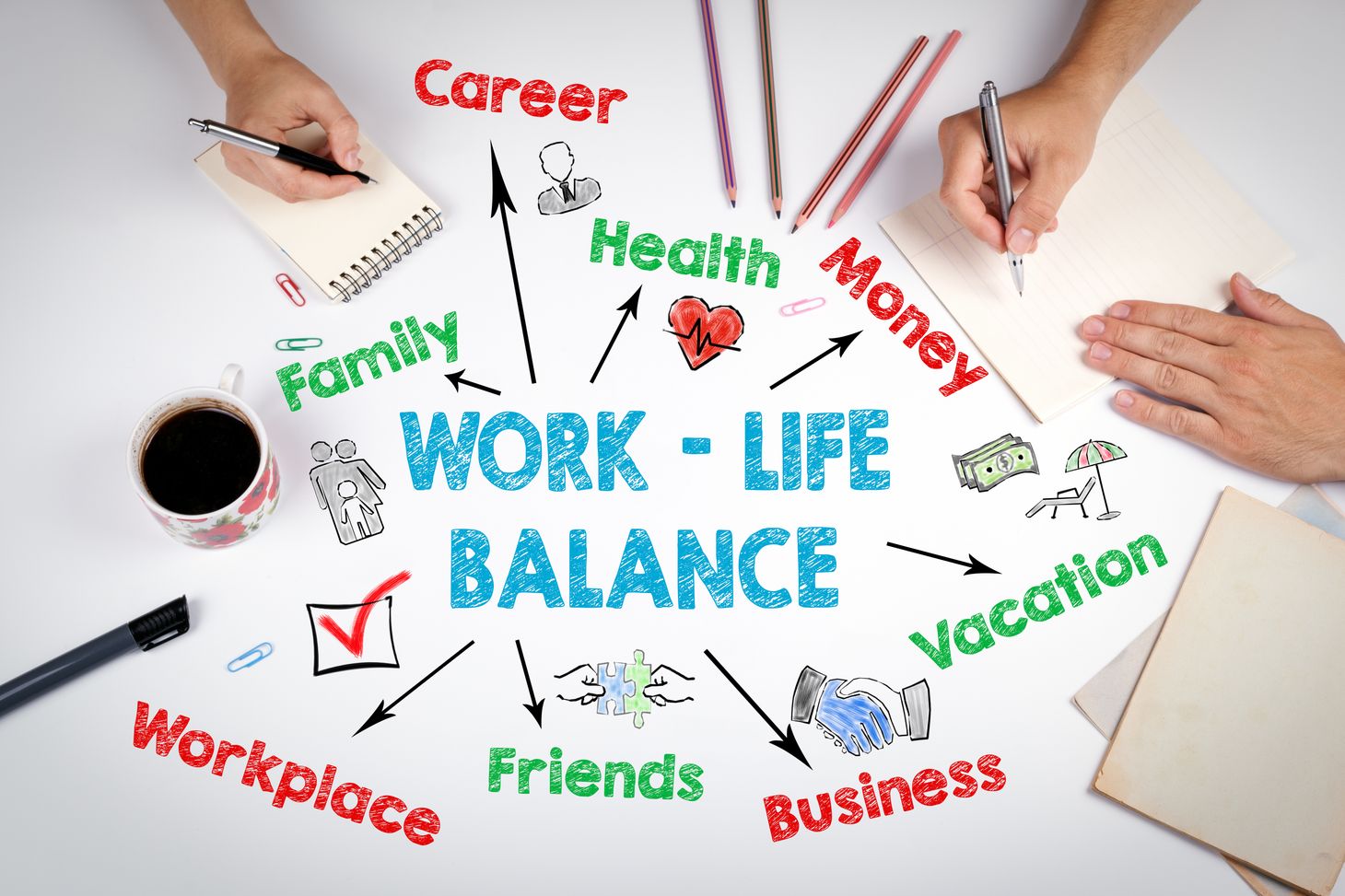Balancing Professional Goals with Personal Values: My Process of Prioritization
Balancing professional goals with personal values is a delicate process. One way to prioritize is the “Five Fs”: faith, family, friends, fitness, and finances. This model allows you to create a system that ensures you remain true to your values while reaching for professional success.

As individuals, we are saddled with numerous responsibilities and goals. These may include professional goals, personal ambitions, financial aspirations, family obligations, and personal growth and development aspirations. While each of these is crucial in its own right, everything needs to be balanced. Balancing professional goals with personal values is a complex never-ending process; without the proper prioritization, everything can quickly go awry.
"Life is a never ending balancing act between professional success and personal values."
My personal process of prioritization was one that I developed over time and which I have found to be incredibly helpful in managing the demands on my time and focus. Most importantly, it has allowed me to stay true to my personal values while still achieving professional success. While my process of prioritization works for me, it may not be the right approach for everyone.
Five F’s
I use a prioritization process called the Five F's, comprising Faith, Family, Friends, Fitness, and Finances, which are crucial aspects of my life. Aligning these priorities in the correct order allows me to find a balance between my professional goals and personal values. Unfortunately, like many others, sometimes I got my priorities out of order, resulting in chaos.
The process is simple.
Step 1: Faith
This step focuses on your faith and considering how your decisions align with your values, regardless of your belief system. Faith is what helps define our individual understanding of right and wrong. When considering an action, I ask myself if it aligns with or goes against my faith and if it will lead to guilt or regret. Life is far too short to have it full of regrets.
Having faith as the first step in my prioritization process helps me to stay true to my values and to act with integrity regardless of the outcome. As the Bible says, "What good will it be for someone to gain the whole world yet forfeit their soul?" (Matthew 16:26).
Step 2: Family
Family is everything, and my loved ones are the most important people in my life. When making any decision, I consider whether it benefits my family, hurts their interests, or pulls me away from them. My wife, children, and grandchildren’s happiness and well-being drive me to work hard, achieve my goals, and provide the best for them. I believe a balance between professional goals and family values is essential, and nothing can replace the time and effort we put into our families.
When I look back on my past, my one big regret was not prioritizing family in the early days of my career. I missed too much time with them. Don't make the same mistake I did.
Step 3: Friends
Friends play an essential role in our lives, providing support, advice, and friendship. However, their role in my decision-making process comes third in my prioritization. I recognize friendships may come and go, but the bonds with family are longer-lasting. Nonetheless, I must always ensure that my professional goals do not jeopardize my friendships or vice versa.
As I get older and look back on my life, it is surprising how friends played a crucial role in family and faith. I’m fortunate to have strong friends who will call me out when I’ve messed up my priorities. That accountability has been crucial for my maintaining balance and my career success. Find those friends—and be that friend to others.
Step 4: Fitness
Given my recent health challenges (triple bypass in February), I got the wake-up call to prioritize my physical health. Given what I went through, I now recognize that investing in it can only reap benefits. Because of cardiac rehab, I have changed my habits — regular exercise, good nutrition, and sleep habits. They are essential to staying healthy and productive.
It has been a harsh lesson to learn, but I’m grateful for it. I now believe that investing time and effort in fitness activities helps reduces stress and energizes me to achieve my professional goals. Keeping fit nourishes your mind and balances your overall well-being, making you a better employee, partner, and individual. Not to mention helping me to achieve one critical personal goal — seeing my grandkids get married.
Step 5: Finances
While finances are crucial for a comfortable life, I remind myself that it should never be the driving force of my decision-making. I have sometimes prioritized my finances over everything else, and the results have been disastrous. My financial priorities now follow my faith, family, friends, and fitness. Finding the right balance between short-term gains and long-term benefits helps me manage my finances better and focus on my other priorities with a clear mind.
The other secret I’ve learned about finances is that when I align my priorities, the finances take care of themselves.
Conclusion
Balancing professional goals with personal values is challenging, but my Five F's prioritization model continues to help me focus on the things that matter the most. These steps enable me to approach every decision with a clear mind, a balanced perspective, and a sense of purpose.
However, these prioritizations may not be valid for everyone, and creating a personalized process that aligns with your life goals is essential. If you prioritize your values consistently, you will stay focused, remain true to your values, and successfully achieve your professional goals.




